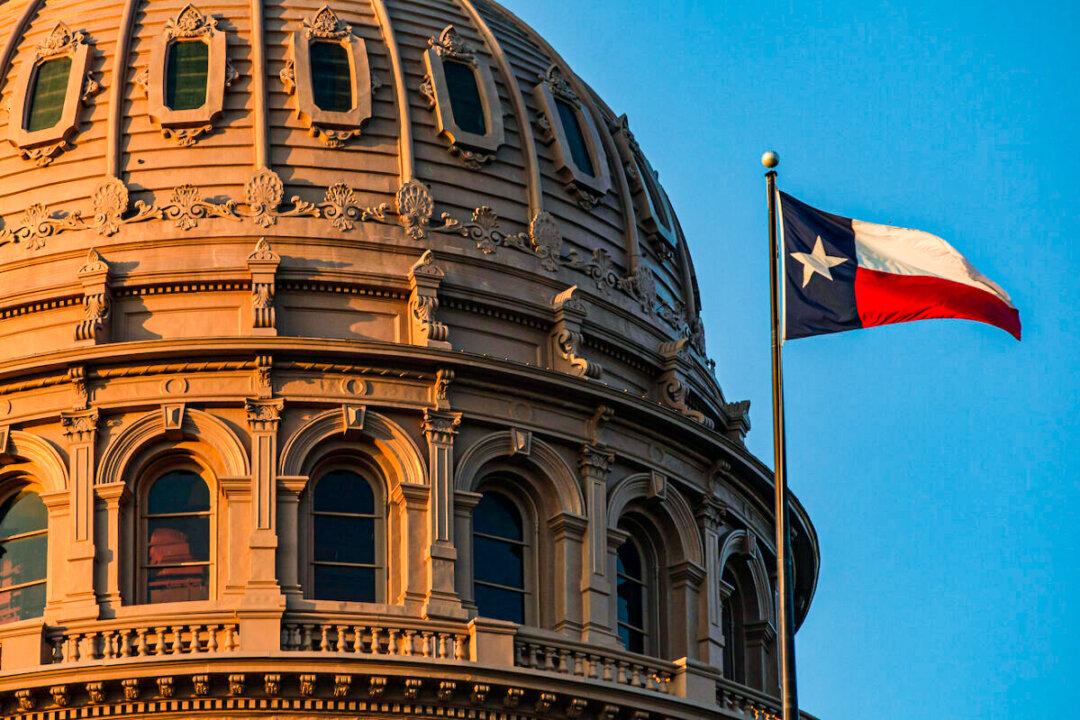Many Texas state lawmakers have spent the last couple of months pre-filing and refiling bills ahead of the state’s 88th regular legislative session, which convened on Tuesday. More than 70 pre-filed bills are related to voting and election laws.
Republicans aim to pass legislation to create county-level forensic audit processes, appoint election marshals, record ballot counting, enforce election laws, and increase the penalties for illegal voting. At the same time, Democrat voting and election proposals are mostly related to developing electronic voter registration, expanding the forms of acceptable voter identification, registering voters at polling sites, and qualifying and registering convicted felons, among others.





